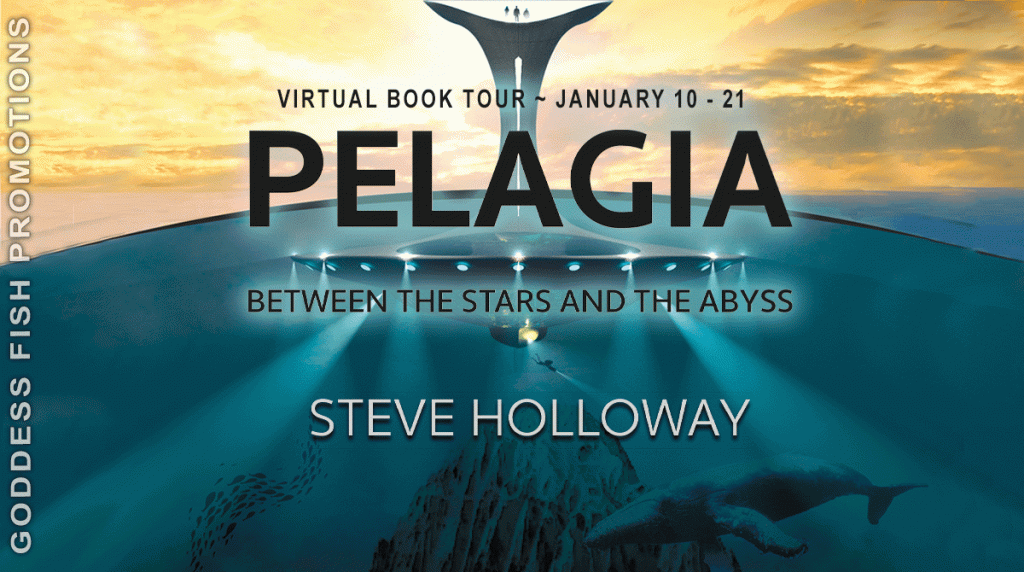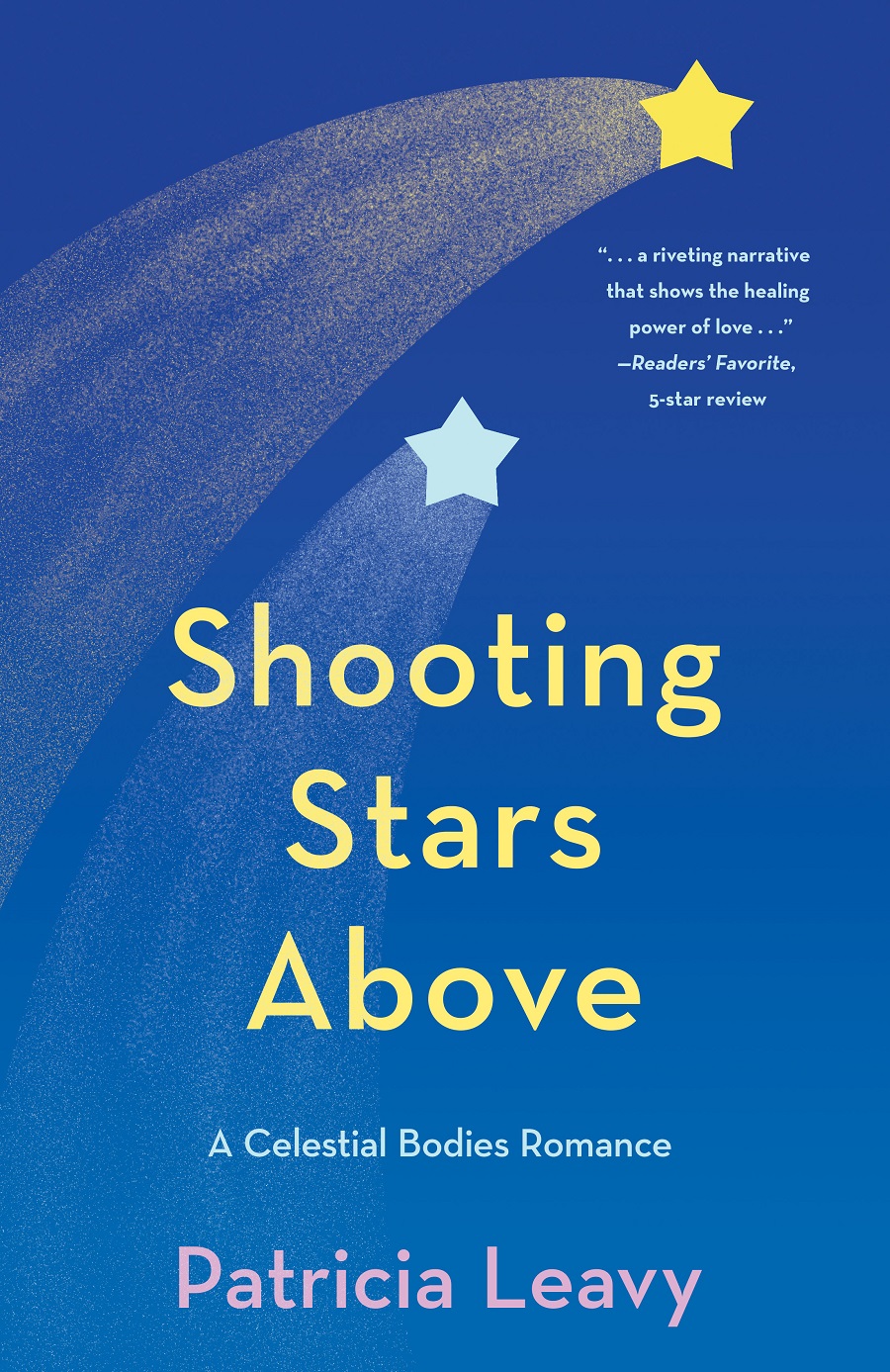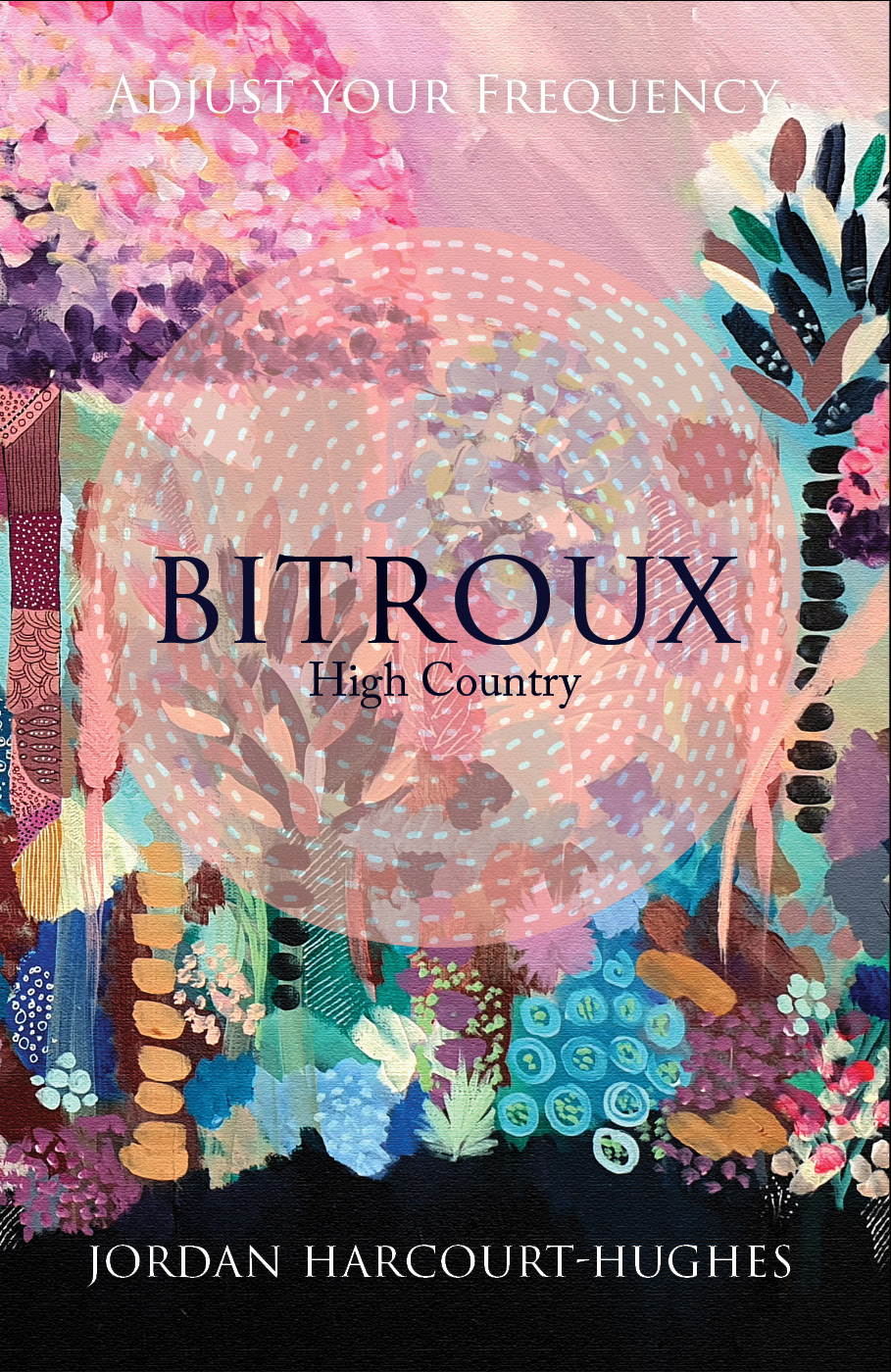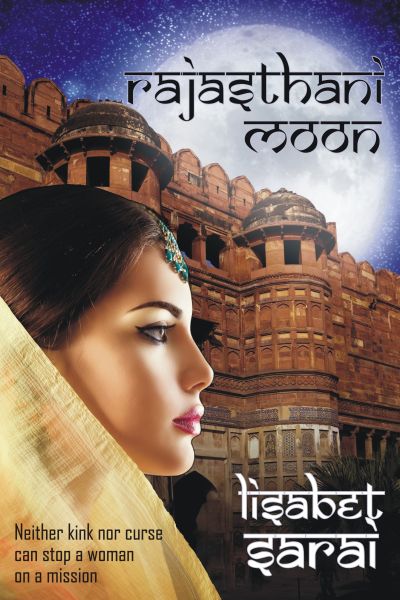This post is part of a virtual book tour organized by Goddess Fish Promotions. One randomly chosen winner via rafflecopter will win a $50 Amazon/BN.com gift card. Click on the tour banner to see the other stops on the tour.
Enjoy a Special Character Interview
“Marcia…Marcia! Five minutes to air!” the show’s host stood in the control booth of the radio station, looking over the shoulder of his producer.
The producer reluctantly pulled her gaze away from me, as I sat in front of the lights of the studio. I could see her hands resume their rapid adjustments of the control board.
“Focus, Marcia. Professionalism.”
She gave my host a sheepish grin. “Yep, got it. Sound check, transmission check.”
With one last glance at monitors, the host stepped into the studio, stretched out his hand. “Ready for the show, Lorenzo?”
“Yes,” I said, taking his hand, “Looking forward to this.”
He sat across from me and adjusted our mikes. Marcia caught the host’s gaze and gave a countdown with her fingers. 3…2…1, then pointed at him. On air.
“Good morning Pelagia! Steve Holloway here, your favourite marine biologist. Today we are broadcasting live from the heart of the Blue Frontier of our planet: Pelagia South Pacific. It’s a beautiful day here in the ocean territories. The show is beaming from Marcelli Ring, that seamount settlement you’ve heard so much about. And our special guest for this show is seamount citizen, Lorenzo Romero. Welcome Lorenzo.”
“Thanks, Steve. Glad to be here with you and the audience. My friends call me Renzo.”
“Renzo, then. You grew up here, right?”
“Yes, born and raised here in Marcelli Ring.”
“It is a delightful place, I especially love the marine protected area in the centre of the Ring.”
“My sister helps manage the marine reserve; I’ve spent my life exploring it.”
“Fascinating. Now, I hear you talk with dolphins. Can you tell me about that?”
“Yes, I work with a pair of dolphins – Lucca and Tazia. It is part of the Human-Dolphin project here in the Territory. I’ve been working with this pair for two years now; developing communication so we can function well as a team is quite the cross-cultural challenge.”
“You can actually talk with these dolphins?”
“Yes, I wear a communications interface which allows us to interact on a basic level. However, we’ve built such a rapport over the past two years that a lot of our communication is non-verbal. They generally treat me as a member of their pod.”
“Wow, part of their pod?”
“Yes – one of the family, if you will. If you think about it, dolphins live in a very different world than ours. They know only the sea and move in three dimensions, with predators and dangers unlike those we face above water. So, they have highly refined senses humans don’t have. This means their day-to-day reality is much different than ours. To communicate with them I have to experience the world from their point of view…as much as I can.”
“It seems like it’d be hard to find common ground…uh, water?”
“Yes, it has taken the first year and a half to understand them. It’s meant a lot of time in their world, remaining underwater long enough to experience what they face day after day. Of course, the almost one hundred years of research of dolphin communication helped jumpstart me; I stand on the shoulders of intrepid scientists of the past. The communications interface is one example of the fruit of that research.”
“So, what do you and your team of dolphins do?”
“Where should I start? Well for one thing, we work with the fish farmers out on the Rise – the mariculture or ocean farming part of our settlement. Dolphins are expert at herding fish, so the sea farmers work with them to bring in the fish harvest in the mariculture plots. The farmers give the dolphins part of the catch as a reward.”
They dolphins also help us monitor the health of the farms — oysters, seaweed, and other species that are being grown above the seamount. We’ve mounted cameras on dozens of dolphins, who then systematically inspect the mariculture plots.”
We also work with a team of the Pelagic Rangers. Dolphins are excellent sentinels with their keen senses. They also excel at reconnaissance.”
“But certainly they don’t bear weapons.”
“Of course not. Dolphins feel a kind of horror at harming, much less killing humans.”
“Unfortunately, we humans have not been as queasy about killing dolphins in the past. Glad those days are gone. In fact, your work has changed perceptions of dolphins worldwide.”
Marcia held up one finger. Steve glanced at her, “OK, one minute remaining. One last thought you want to leave with our audience?”
“The intelligence of the dolphin is an invaluable window to see and better understand our Pelagic world here in the territories. I feel privileged to do what I am doing. In my experience dolphins seem to enjoy working with people as much as people like working with them. It benefits both species.”
“Thank you Renzo for being with us, that’s all we have time for today. Can you return for another interview? I believe we’ve only scratched the surface here.”
“Sure, I’d be glad to. Thank you, Steve, and thank you to all those listening in.”
“And a big thanks to our producer, Marcia, giving our viewers another journey to the Blue Frontier.”
Marcia gave the ‘cut’ signal across her throat, then scribbled on a paper and waved it for me to see. It looked like it had her phone number.
Former special forces agent turned particle physicist Ben Holden is on the run.
The New Caliphate will stop at nothing to get their hands on his wife’s scientific research, which is believed to hold the key to unleashing chaos in the West and advancing their cause.
But in reality it’s Ben’s biometrics that have the potential to unlock the information they so desperately need. Within the oceanic world of Pelagia, in the year 2066, Ben finds sanctuary among the sea settlers of the South Pacific Pelagic Territory, but his respite is short-lived.
Enjoy an Excerpt
He lifted the hatch and placed it onto the deck, then pulled himself up and lay flat near the bow. The coolness of the storm awakened his senses. Rolling onto his back, he paused under the deluge and allowed the rain to stream into his mouth, gulping down the water.
Thirst barely slaked, he slithered to the edge of the boat. The wind now lashed his wet body. He shivered, staring into the night, allowing his eyes to adjust. He spotted the island, a dark fleeting promise glimpsed through a break in the squall.
Looking back, he saw a silhouette climb out onto the side of the boat. Adrenaline shot through him. The man was just a few metres away, clinging to a rail as the boat rolled under them, but still looking towards the stern. Ben inched closer to the edge of the bow, willing himself to be a shadow.
Holding the safety rail, Ben swung himself over the side with the roll of the boat. He hung for a moment, suspended above the sea. Large, deep breaths. Each time the boat tipped his feet dipped beneath the waves. On the third tip, he released his grip, slipping below the surface noiselessly.
As he surfaced, he heard the man on deck shouting into the water in Arabic, “Cut the rope!” There was an answering shout from the water that was lost in the roar of rain.
Ben kept to the shadow of the bow rocking above him. After a minute, that seemed like an eternity, the man climbed back into the stern cockpit. Ben slipped below the water.
About the Author: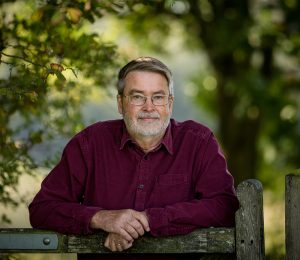 Steve Holloway grew up on the beach cities of Los Angeles and has always loved the sea. This passion led him to gain a degree in Aquatic Biology from the University of California Santa Barbara; a background which opened many opportunities for him in researching, developing, and engaging with mariculture activities around the world.
Steve Holloway grew up on the beach cities of Los Angeles and has always loved the sea. This passion led him to gain a degree in Aquatic Biology from the University of California Santa Barbara; a background which opened many opportunities for him in researching, developing, and engaging with mariculture activities around the world.
Steve and his wife have lived and travelled in many countries over their forty years of marriage, successfully raising three kids in exotic locations in the process. They have always engaged with the people and cultures they live among.
Currently Steve lives in England and consults for a Christian charity in areas of research, leadership development, adapting to new cultures, social enterprises, and mariculture projects. Currently he is consulting for a Indo-Pacific mariculture project – a social enterprise – growing sea cucumbers, a delicacy for the Chinese market.
Steve has always loved books and writing. The story of Pelagia reflects three of his passions: science, the sea and the narratives of faith. The background, in his words:
“I have for many years believed that settling the open sea was within our grasp, and even more accessible than space as our ‘next frontier’. So through the last ten years or so I have been thinking just how this might happen, what would be needed, where people would settle, what kind of livelihoods they might have on the open sea, beyond the EEZs of terrestrial countries. My son Adam told me about what would become a key component of Pelagia, Biorock or seacrete, because of his experiments with it. Many discussions with other scientists, engineers and others helped to begin to fill in the gaps and the concept of the Pelagic Territories, similar to the unincorporated territories of the early US, and what geopolitical contexts they would find themselves in.”
Steve finds any excuse to get into the ocean: sailing, diving, swimming, or just poking around tide pools.
Buy the book at Amazon.
